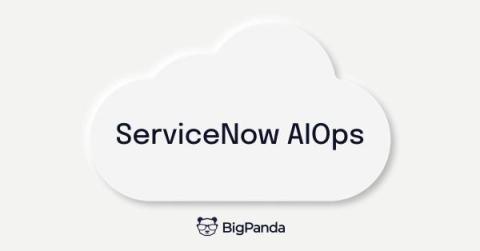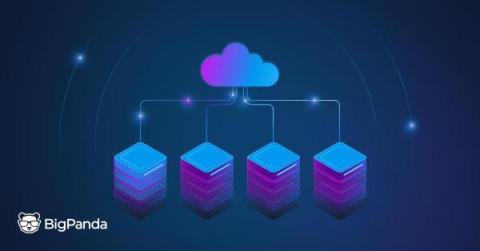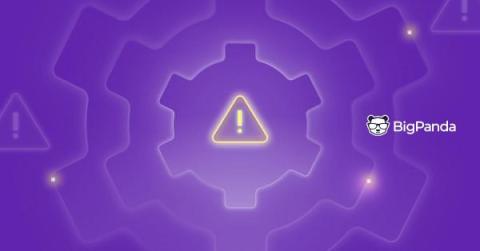Operations | Monitoring | ITSM | DevOps | Cloud
January 2024
How AIOps turns anomaly detection into faster incident resolution
Top 5 AIOps predictions for 2024
Mastering incident resolution through Root Cause Changes
Discover a new way to handle incident resolution with our Root Cause Changes (RCC) feature. This tool optimizes incident management by linking incidents with relevant changes, resulting in a significant reduction in resolution time and an overall improvement in operational efficiency. Explore the world of incident resolution with our advanced RCC feature and unlock its benefits.
Empowering your AIOps journey: Rediscovering the power of BigPanda University
We hope this message finds you well in your start to 2024. As pioneers in the field of AIOps, we understand that the landscape is ever-evolving, and staying ahead requires continuous learning. That’s why we’re thrilled to remind you of a particularly invaluable resource at your fingertips—BigPanda University.
How to optimize your cloud infrastructure management
As on-premises infrastructure and workloads increasingly migrate to the cloud, you’ve undoubtedly encountered many challenges in managing complex cloud architectures. These hurdles include juggling cost-efficiency and security to maintain a seamless, high-performance infrastructure. Navigating your cloud infrastructure landscape requires thoroughly understanding its virtualized elements—servers, software, network devices, and storage.
How to choose incident management software and tools
Developing a proficient ITOps practice capable of handling unforeseen disruptions and mitigating negative business impact hinges on mastering optimal incident management. Beyond adhering to best practices and procedures, a critical aspect is making strategic investments in cutting-edge incident management software and tools. These tools empower your team by automating real-time monitoring and analysis, bolstering the resilience and capabilities of your IT system.
What's the difference between an event vs alert vs incident in IT operations?
Are you confused by the difference between events, alerts and incidents in IT operations? It’s easy to get mixed up when you’re getting started in IT operations because of these concepts’ overlapping nature and interconnectivity. However, it’s important to know the differences so you can accurately categorize and respond to various IT issues and ensure resources are allocated effectively.









